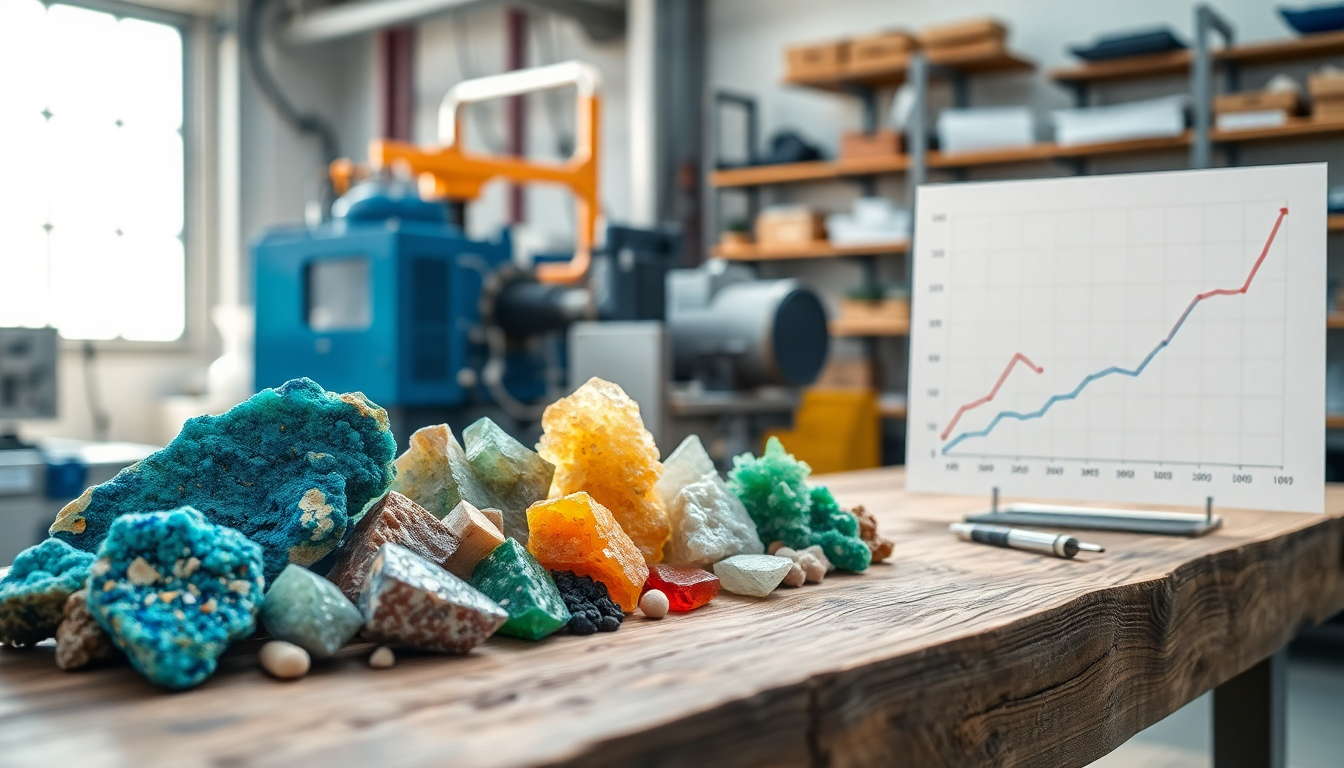Table of Contents
Have you ever wondered why rare earth elements are so crucial in today’s tech-driven world? Well, recent developments regarding China’s export licenses for these materials have ignited a wave of interest and concern among EU stakeholders. As we shift towards sustainable technologies and greener energy solutions, the importance of rare earths is more pronounced than ever. The ongoing discussions between China and the European Union highlight the urgent need to establish reliable trade frameworks that can tackle both economic and geopolitical challenges.
The Current State of Rare Earth Exports
China’s commerce ministry has recently announced that it’s ramping up the approval process for export licenses related to rare earth elements for European firms. This is a clear signal that China is eager to engage with its EU partners and promote trade in this strategic sector. However, there’s a catch: EU sources are still cautious. Although licenses are being granted, there isn’t a formal “green channel” for expedited processing yet. This leaves a cloud of uncertainty hanging over the trade landscape.
The significance of rare earth elements can’t be understated. They’re essential for a multitude of high-tech applications, including electronics, renewable energy technologies, and defense equipment. So, any changes in their export dynamics could have a substantial impact on the economic and technological fabric of the EU.
Analyzing the Implications for EU-China Relations
The ongoing conversations about export controls and licensing offer a glimpse into the broader relationship between China and the EU. As both sides navigate the complexities of international trade, the focus on rare earth exports underscores how intertwined economic interests and strategic security have become. The EU’s reliance on China for these vital materials raises important questions about supply chain vulnerabilities and the pressing need for diversification.
Moreover, the emphasis on compliance and convenience in trade, as highlighted by ministry spokesman He Yadong, indicates that China is keen on maintaining a cooperative approach. This strategy could open the door to more structured negotiations around trade agreements, potentially leading to a more stable and predictable environment for businesses on both sides.
Future Outlook and Investment Opportunities
Looking ahead, the evolving landscape surrounding rare earth exports is ripe with opportunities for investment and growth. For European companies, collaborating with Chinese suppliers could unlock new avenues in high-tech manufacturing and clean energy sectors. However, it’s crucial to stay sharp and informed about the regulatory landscape, as any shifts in export policies could significantly affect operations.
In conclusion, as the EU and China continue their discussions about rare earth exports, it’s vital for stakeholders to keep their fingers on the pulse of developments. The interplay between trade policies, market demand, and geopolitical factors will undoubtedly shape the future of this essential sector. Companies that can effectively navigate these complexities are likely to find themselves in a prime position to seize emerging opportunities.


